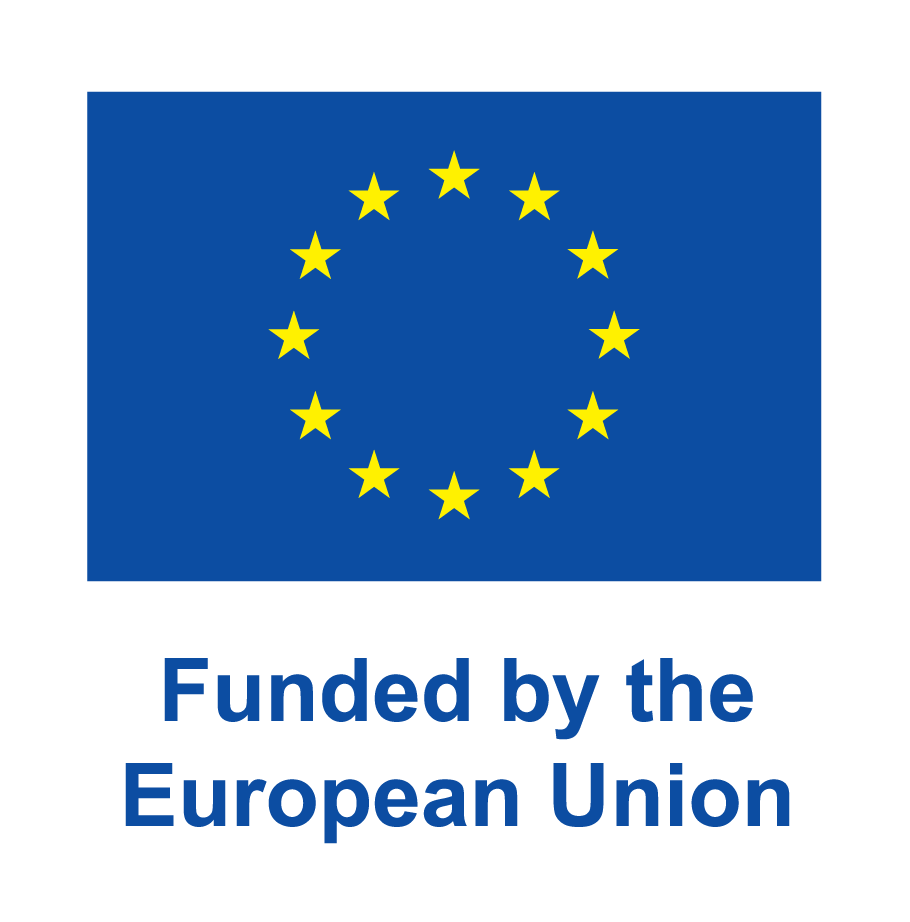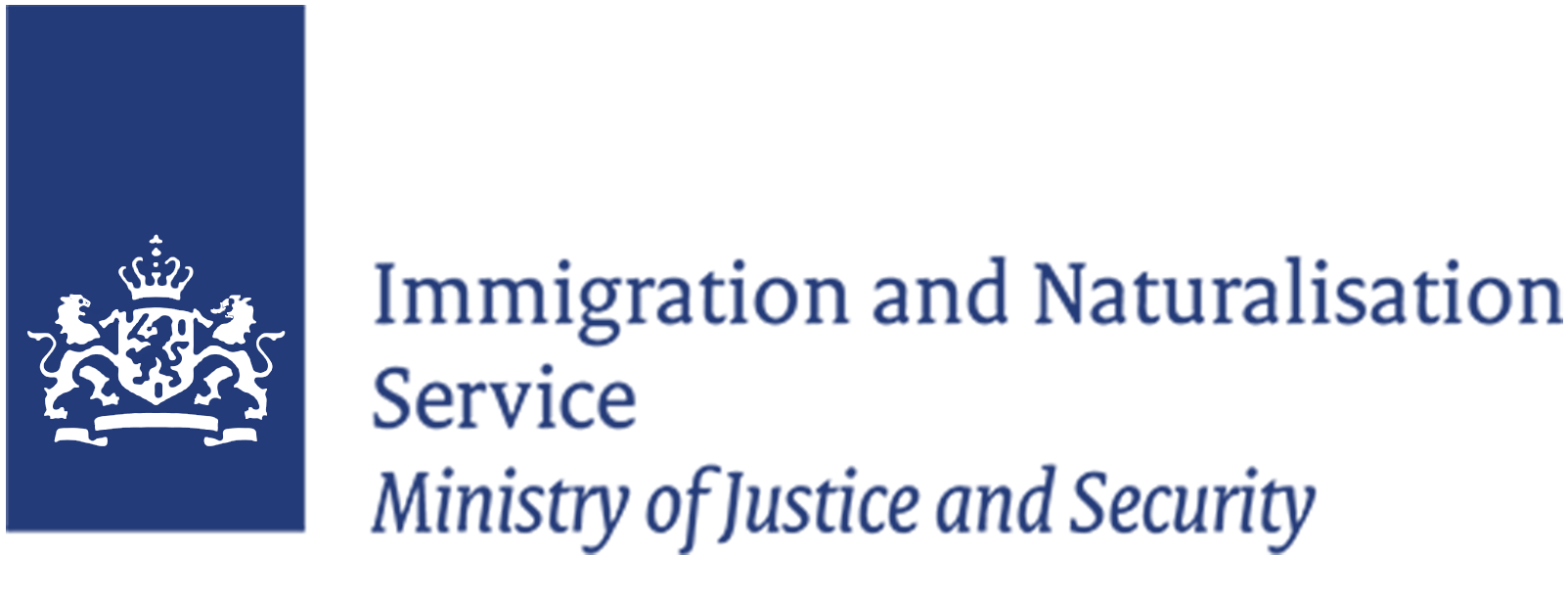Accompanied children can receive a separate asylum hearing in almost all EU Member States and EMN observer countries, except Malta. Countries differ in requirements, such as the age limit and the consent of a child, and the procedural guarantees for a child-friendly hearing.
Separate asylum hearings for accompanied children in almost all European countries, countries differ in approach
All children, single, accompanied by adults or separated, have the right to be heard in asylum procedures. This right is recognized in both international law and EU law. Countries have their own legislation and measures to guarantee this right.
Age limit for individual asylum applications
In 9 EU Member States (BE, BG, CY, EE, EL, ES*, NL, PT, SI), accompanied children can submit an individual asylum application under their own name, in certain circumstances. This usually depends on the age limit. For example, three countries (BG, NL, SI) have a fixed age at which children must submit an application independently of their parents or other adult supervisors. In Bulgaria this is 14 years, in Slovenia and the Netherlands it is 15 years. From then on, children will be heard individually. In principle, accompanied children between the ages of 12 and 15 do not receive an individual hearing in the Netherlands, although this is possible in exceptional situations. Children under the age of 12 will not be heard.
Permission required
In many countries, children themselves and/or their supervisors must give permission for the hearing:
- consent of the child (BE, CY, CZ, EE, FI, IE, LT, LU, NL, PT, SE, SK*; NO);
- consent of the supervisors (CY, CZ*, DE, EE, FI*, IE, LT, LU, NL, PL, PT, SE, SK*); in the Netherlands this applies to children under the age of 15.
Guarantee child-friendly hearings
European countries have a wide range of safeguards for child-friendly hearings that also take into account a child's best interests. Although the number and nature of guarantees differ per country, they often include:
- deploying specialized personnel to perform the hearing;
- adapting language to a child's age and maturity;
- hearing a child in the absence of the supervisor(s) when this is in the interest of a child.
These points also apply to the Netherlands.
Challenges, good practices
Several countries (BE, CY, DE, EL, ES, FI, LT, NL, SE, SI) encountered challenges in ensuring the right of accompanied children to be heard in asylum procedures. Four EU Member States (FI, EL, NL, SI) mention challenges related to the age limit. For example, it is difficult to determine in which situations children under a certain age should be heard and what the guidelines are (Finland), or children under 15 do not always have the opportunity to be heard (Greece). The Netherlands indicated that it can be a challenge that accompanied children under the age of 15 do not automatically receive a hearing. This is not always desirable because hearing (accompanied) children under a certain age can be particularly stressful for them.
Countries mentioned the following good practices for hearing accompanied children:
- enough well-trained staff to hear children (DE, FI, FR, IE, LU, NL; NO);
- managed spaces for (accompanied) children in shelters or schools (NL). In the Netherlands, the Council for Refugees provides children information about the asylum procedure and their rights in a child-friendly manner, also noting potential conflicts of interest.
Conflicts of interest
Supervisors may have different and/or conflicting interests than their children when applying for asylum. In the participating countries in the EMN Inform, anyone who is in close contact with accompanied children can report these situations.
In the event of serious conflicts of interest, for example if there is a risk of harm to children, in 9 countries the child can be removed from the family and a family judge can appoint a guardian (CZ, EL, HR, IE, LT, LU, SE, SI, NL). In the Netherlands, the Central Agency for the Reception of Asylum Seekers (COA) and the Council for Refugees act in accordance with the reporting code for domestic violence and child abuse. Asylum employees of the Immigration and Naturalisation Service (IND) can contact specific reporting points within the IND.
*Additional information applies to these countries, see the study (download via the link below)
Publication
Read the full Inform: 'Accompanied children’s right to be heard in international protection procedures', April 2023


